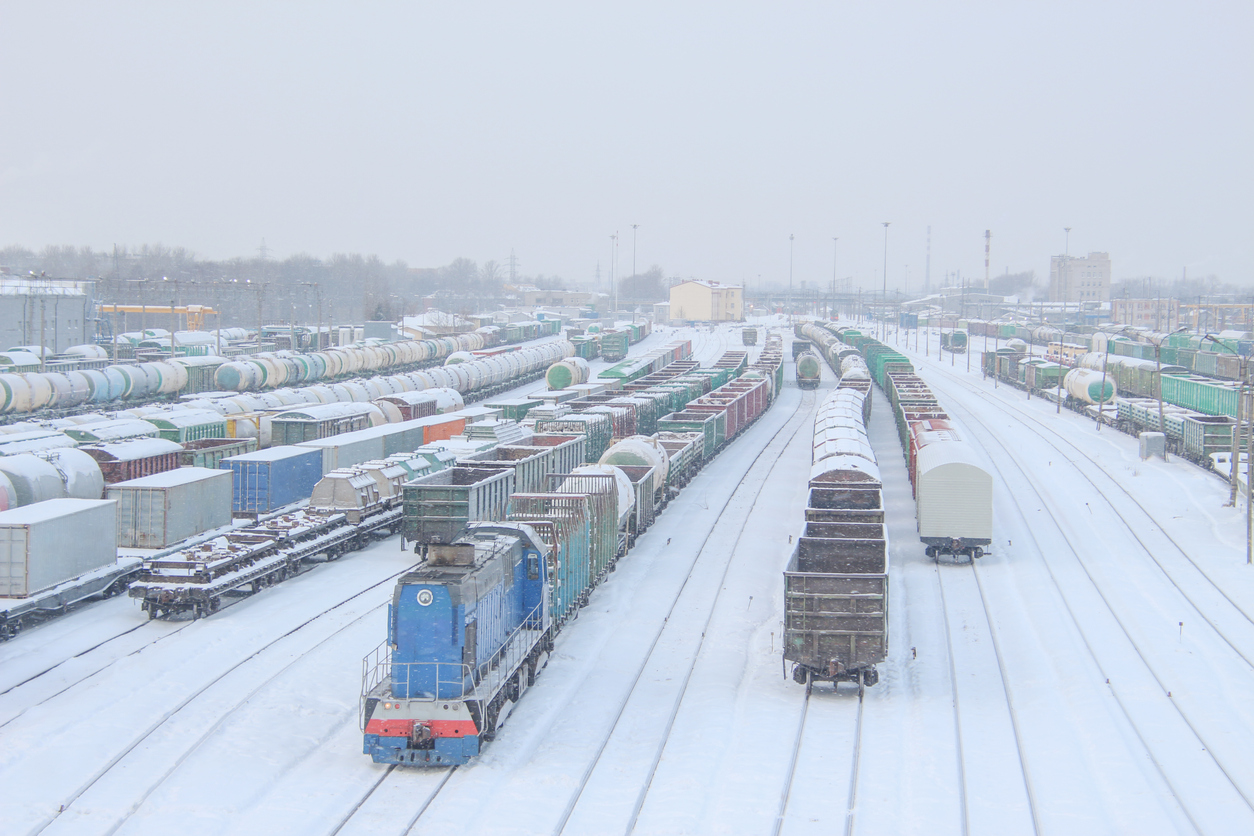
Red Sea crisis spurs demand for rail transport through Russia from Asia to Europe
MOSCOW : Logistics companies and rail operators have reported a surge in demand for rail transport through Russia from Asia to Europe, following the disruption to sea lanes caused by the recent Houthi attacks in the Red Sea.
Most major container shipping lines have rerouted their Asia-Europe sailings away from the Suez Canal due to the ongoing attacks on merchant vessels, disrupting global trade flows.
The rerouting of ships around Africa’s Cape of Good Hope has not only added 10-15 days to voyages, but has also resulted in numerous surcharges and increased costs for shippers, according to trade press reports.
According to the report from China Daily, logistics companies are reconsidering routes through Russia in response to the volatile situation in the Red Sea.
The Financial Times quoted Germany’s DHL as saying that demand to move goods on the Russian rail route had risen by around 40 per cent since container ships began choosing the longer route in December, with RailGate Europe reporting a 25 to 35 per cent increase in enquiries and Netherlands-based Rail Bridge Cargo noting a 31 per cent increase in rail freight traffic through Russia compared to this time last year.
“Requests have increased by about 40 percent since the beginning of the situation in the Red Sea,” DHL said of rail demand. “The overwhelming majority is going through Russia.”
The company stressed that it was not handling any traffic to or from Russia because of Western export restrictions related to Russia’s conflict in Ukraine.
“We apply strict export controls in line with applicable sanctions,” it said.
According to DHL, a significant proportion of goods moving from Asia to Europe by rail use the “west corridor” through Kazakhstan into Russia and Belarus, while some traffic follows the “north corridor”, crossing directly from China into Russia east of Mongolia.
Rail is proving attractive to shippers due to its cost effectiveness compared to air freight and faster delivery times than ocean shipping, reports US media outlet CNBC.
Julija Sciglaite, RailGate Europe’s chief business development officer, told CNBC last month that the company, which transports furniture, toys, clothing and car parts from China via Russia to European countries, uses the route because the journey takes between 14 and 25 days, depending on the origin and destination, a transit time that is “significantly better” than ocean times.
When the Russia-Ukraine conflict first began, some customers expressed concern about shipping goods by rail through Russia, Sciglaite said.
“Bookings through Russia dropped significantly, but within the last year this route is recovering due to good transit times and pricing,” she said.
Sciglaite added that since the Houthis began attacking ships in the Red Sea in late 2023, demand for rail transport has “skyrocketed”.

